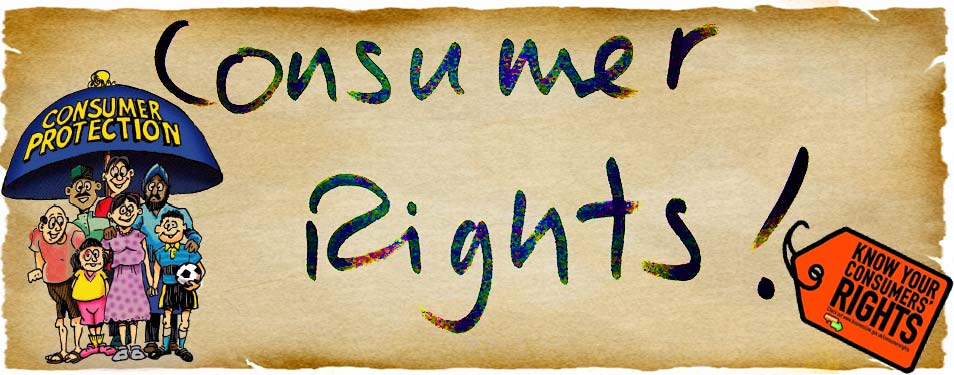Stroppy, ungrateful consumers.
They’re the bane of any honest businessman or woman trying to make an honest living.
Have you had these thoughts from time to time?
What are consumers’ rights when it comes to alleged defective products?
How bad can it get?
Consumer rights in relation to defective products are afforded by a combination of protections such as
- common law which protects against tort or civil wrongs such as negligence;
- the law of contract will also provide relief to the consumer in relation to defective products;
- legislation such as Liability for Defective Products act 1991, the Civil Liability Act of 1961 and other more modern European legislation including directives and regulations.
Liability for Defective Products Act 1991
Under this act the consumer does not need to prove negligence on behalf of the supplier or retailer.
He/she merely needs to show that the product caused the consumer damage because of a defect in the product.
It is a strict liability therefore the consumer does not need to show any negligence on the part of the manufacturer-he just needs to show a link between the product and the damage suffered.
Common Law-Negligence
The consumer will need to prove that the manufacturer owed a duty of care to the consumer, that that duty of care was not upheld, that there was loss or damaged incurred by the consumer as a result of the failure in relation to the duty of care and there was a close connection between the injury suffered and the conduct of the supplier/manufacturer.
Sale of Goods Act
The Sale of Goods Act 1893 and the Sale of Goods and Supply of Services Act 1980 state that the supplier has a contractual duty to the consumer in relation to the consumer in respect of defects in his product.
It is difficult to recover under this act against a manufacturer as your contract will be with the retailer.
European Legislation
Various pieces of European legislation such as the European Directive on Product Liability and the European Communities (General Product Safety) Regulations 2004 also provide protection to the consumer in relation to defective and dangerous products.
Under the Liability For Defective Products Act 1991 liability is strict and no duty of care needs to be established and this is why it will be used on many occasions along with perhaps a legal action for breach of contract and/or negligence.
The time within which you can bring an action under the various headings above varies from 2 years in relation to a personal injury claim to 6 years for breach of contract under the Sale of Goods Act.
If a consumer is unfortunate enough to suffer as a result of a dangerous/defective product (s)he needs to retain the evidence carefully including the product itself, any invoices/receipts and a good note of where and when (s)he purchased it.
National Consumer Agency
The National Consumer Agency has some pretty strong powers under the Consumer Protection Act of 2007.
By Terry Gorry
Google+
